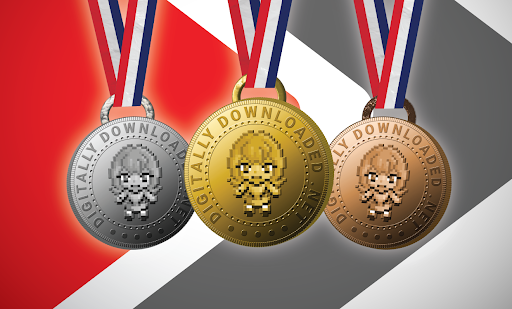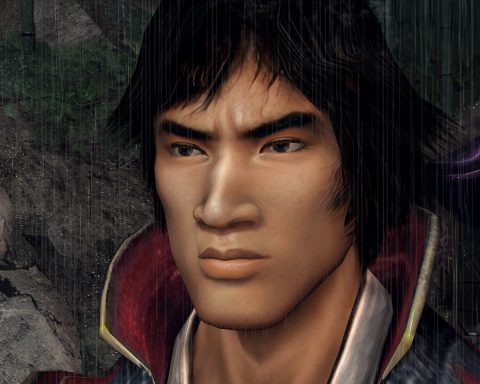It’s that time of year again, everyone, where we celebrate the best games of the year. Despite being a heavily disrupted year thanks to the ongoing impact of COVID-19, 2021 produced some incredible games, almost from day one, and as a result, our awards this year has the most variety of games ever – almost 50 different titles got at least one award, and as you’ll see as we announce each category, it really is an endless stream of incredible experiences.
This year we had a special, expanded judging panel, with the entire DDNet team participating, but we also invited some prominent people from independent game publications outside the Website to participate, so we could get a broader range of insights and thoughts into the winners from each category. Our additional judges this year included Pete Davison from Rice Digital, Thomas Knight of Nook Gaming, Robert Allen of Tech-Gaming, Matt Ryan from Shindig, and academic and freelancer, @TsuChanJohnson on Twitter. The total judging pool for the awards was ten people this year around, and there was some heated discussion about the worthiest titles in each category indeed!
At DigitallyDownloaded.net we love games as works of art first, and products to be consumed a very distant second. If you look at games in a pure sense, as works of art, it actually changes a lot about them – it changes what you look for in them, and how you look at them. Games-as-art doesn’t tend to get much of a wrap in the broader industry, so we created this award specifically to celebrate those games that work just as well (if not better) as art works, rather than simply being pieces of entertainment.
If Unpacking is a simple game that taps into our emotions and sense of nostalgia, Gnosia is almost the polar opposite. It’s a kind of death game experience, where you need to figure out who among a crew of weirdos is also a villain, with the lives of everyone at stake. Like the best death game narratives, Gnosia will most certainly get you thinking, too, and if you know anything about Game Theory as a philosophical concept, you’ll have a field day analysing this one.













